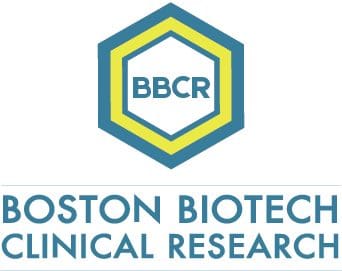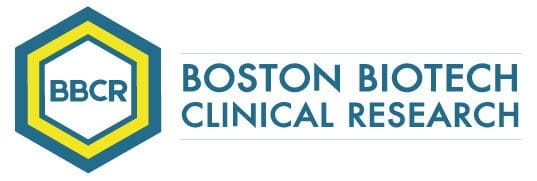Developing an effective early clinical strategy requires collaboration between various experts.
The strategy is a living document that can evolve as new data becomes available and as the project progresses through clinical development.
- Study Design: The design must be robust enough to answer the intended scientific questions.
- Safety Assessment: It details how safety will be monitored, adverse events will be reported, and potential risks will be mitigated.
- Endpoints and Efficacy Assessment: Differentiate the primary and secondary endpoints to determine the effectiveness of the intervention is critical.
- Patient Population: Specifies the characteristics of the patient population to be studied.
- Regulatory Strategy: Define objectives and timing of interacting with regulatory agencies, including obtaining necessary approvals and addressing potential regulatory challenges.
- Data Analysis Plan: Outlines how data will be collected, managed, and analyzed to draw meaningful conclusions from the clinical trials.
- Intellectual Property Protection: Considers how to protect intellectual property related to the investigational product.
- Budget and Timeline: Provides estimates of the budget required for the trials and a timeline for conducting the trials and subsequent development stages.
- Clinical Development Milestones: Identifies key milestones that, if achieved, would indicate progress and support the continuation of development.
- Commercialization Considerations: Though this might be more relevant for later stages, an early clinical strategy might also touch on potential market positioning and commercialization plans.

Specializing in rare disease, Boston Biotech Clinical Research works with biotech, pharmaceutical, device companies and investors to streamline the clinical trial process. Our experienced team helps each client reach their specific goals by customizing a clinical and regulatory road map of simplified programs and streamlined protocols to meet our clients’ requirements.

